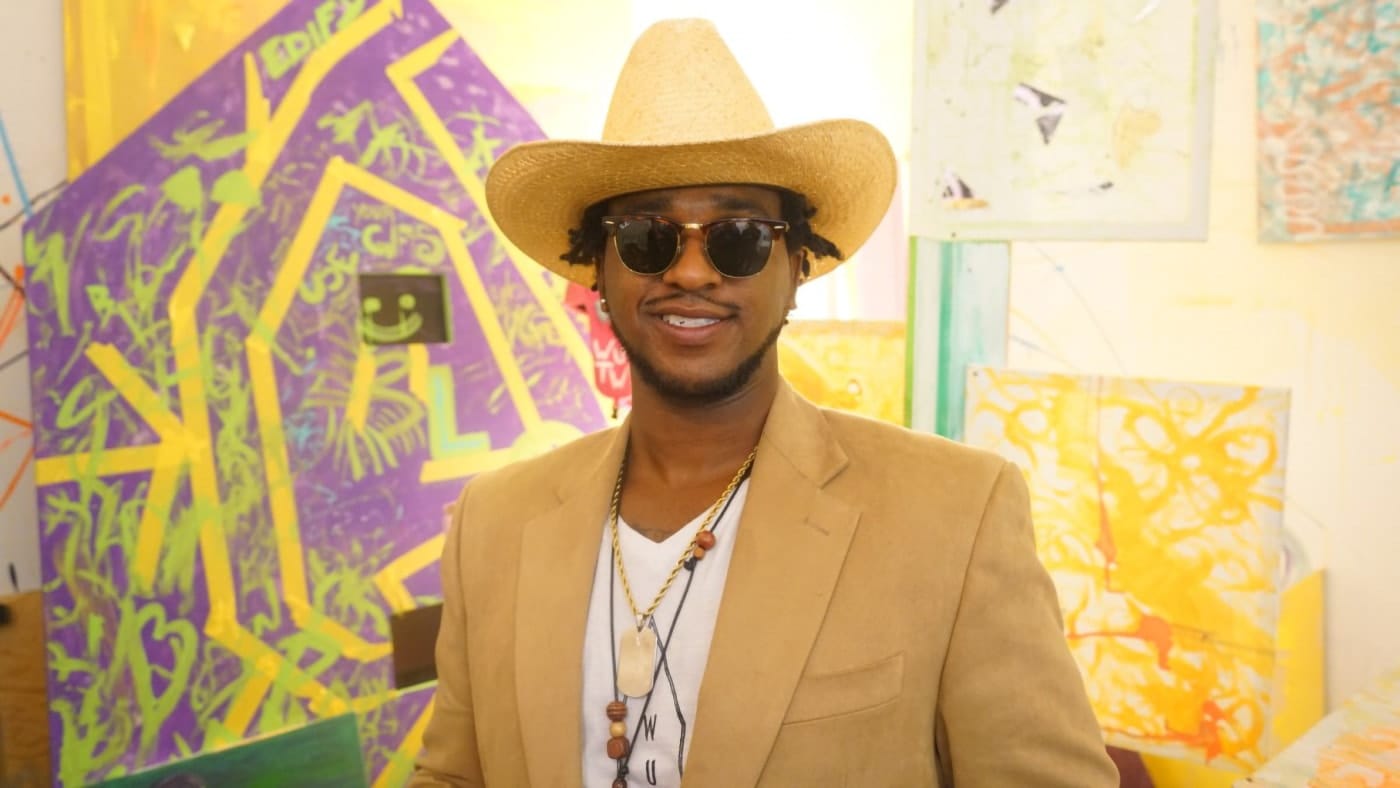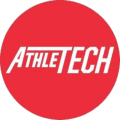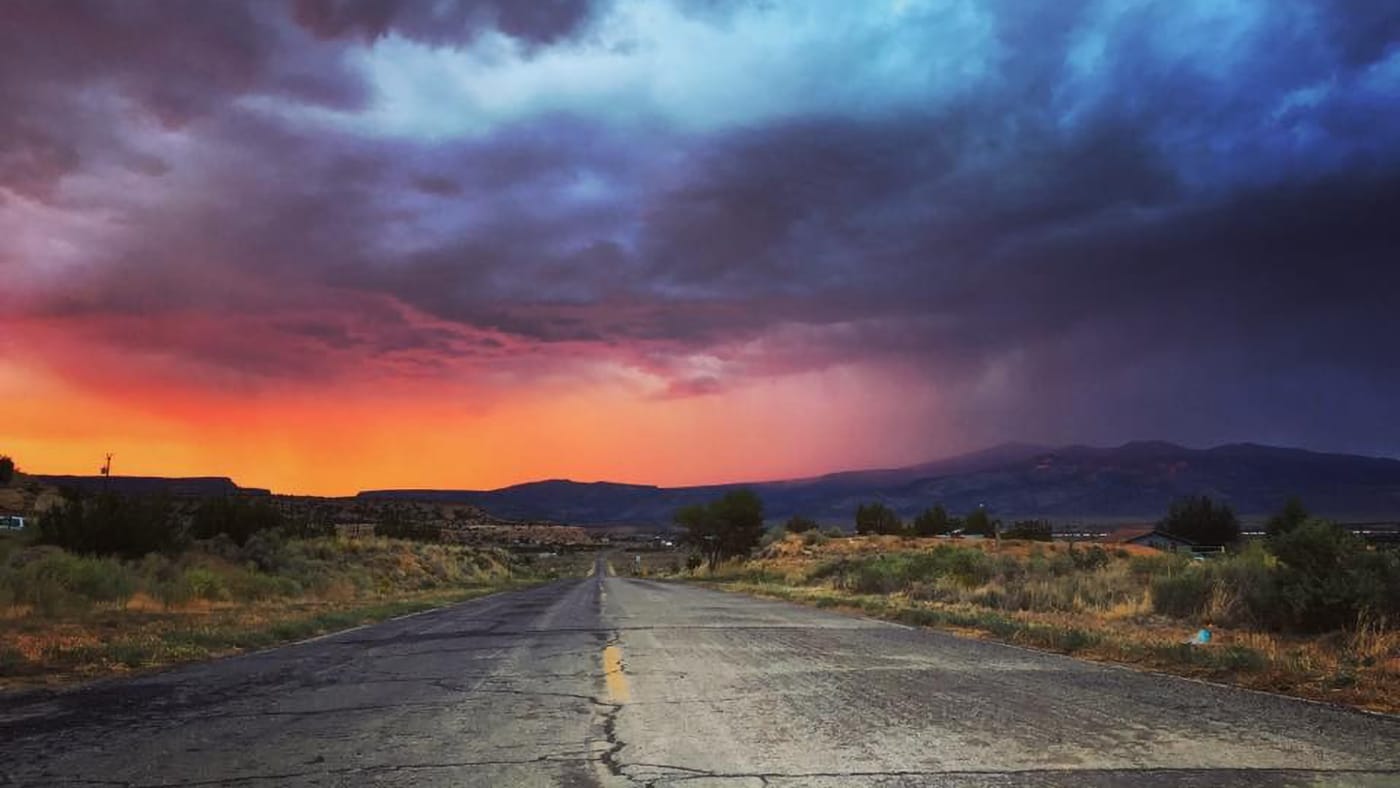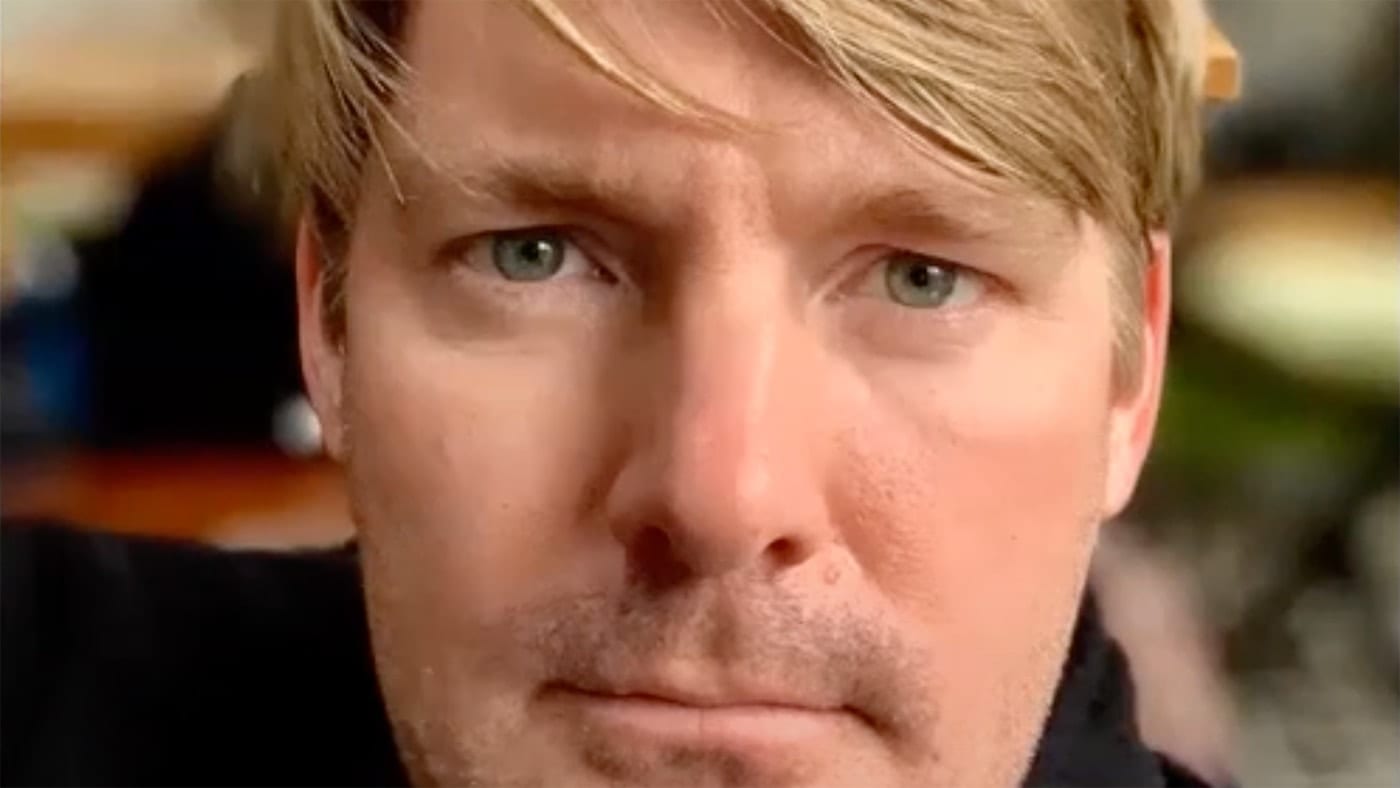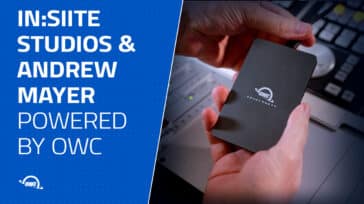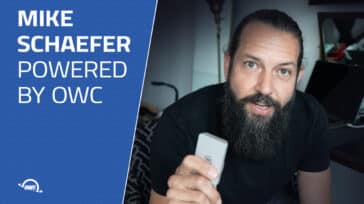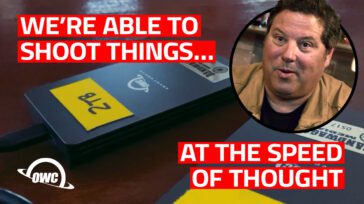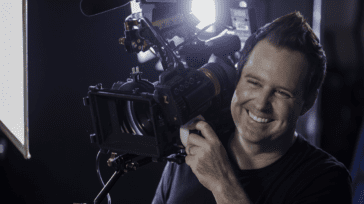Contemporary abstract artist and educator Bijan Machen was among the industry professionals who spoke at the recent FCPX Global Virtual Summit. The event was held from November 16-22, 2020, and featured seven days of cutting-edge sessions.
Bijan shared his great passion for the future of education and the importance of engaging our youth through storytelling. His interest began when he created a 501(c)(3) for kids called AthleTECH that combined athletics and technology. As a former athlete, he brought in NFL and NBA players, and with the help of Microsoft, they collaborated and taught the kids how to code. His goal was to get students excited about a boring subject, and he knew he needed to find a creative way to keep their interest.
“Students have to be engaged in order to remember things, in order to care, and in order to really learn. They have to be doing something that is exciting to them. If we can teach boring things in an exciting way, then people are going to be better off,” said Bijan.
This venture is what ultimately led him to start an entire company around art, education, and entertainment, and today he has found a successful way to blend all of these worlds.
The We Uplift the World Foundation
Bijan founded the We Uplift the World Foundation (WUTW) to create sustainable, positive change in the world, and to bring lasting value to people’s lives. He’d seen celebrities donate meals and clothing to kids, but he wanted to give back in a different way—his goal was to empower students to learn how to create their own destiny.
“I wanted to teach young people trades so they could create opportunities for themselves using their own skills and talents. That’s where the real magic is,” said Bijan.
eARTh Project and Chicago Untold Stories
One way in which Bijan has been able to fulfill his mission is through the eARTh Project, an educational workshop series that inspires young people to take an active interest in local community gardens, cooking healthy food, art-making, video storytelling, and creative business practices, all while using the latest mobile filmmaking technology. Students learn how to apply a more sustainable approach to filmmaking through creative entrepreneurship.
When COVID-19 hit the scene in the midst of last year’s workshop, the kids still had mobile filmmaking tools in their hands such as iPhones, kits provided by We Make Movies, tripods, mics, backpacks, and more. During the 12-week program, the students met with industry experts and were able to capture their stories through vlogs and film and share what was most important to them.
“During a time in life when everything was in question and was shut down, we were able to use video and iPhones as a beacon of light and give them an opportunity to share stories that were important and express themselves,” said Bijan.
Related: Read more about the eARTh project and how OWC was involved here.
Immediately following the eARTh project, Bijan partnered with We Make Movies, Apple, and OWC again to be the lead instructor for the Chicago Untold Stories program. During an extremely difficult summer for the inner city kids of Chicago, the students had an opportunity to document their experiences and tell their stories their way. For Bijan, it was just another way to give back and teach kids how to make the most of their situations. For OWC, it was an opportunity to give the kids their first paid job reviewing and giving testimonials for OWC products as part of the final exam for the program.
Related: Read more about the Chicago Untold Stories program here.
The power of video
Video was used as an entry point to enable and teach students by giving them filmmaking assignments that reflected their interests. The students were kept accountable for their work which made them want to push themselves harder, and as Bijan coined it, “video is an “instrument of truth.”
“Video combined with experiential learning is the future of education,” said Bijan.
Video is like a “second language.” As we move into 2020 and beyond, it’s going to be the best tool available because it allows you to speak to people from all demographics through the lens of a camera, and it’s almost a new way of communicating. Video allows us to tell our truths, market brands, products, and share what’s going on in our communities.
Communication and teamwork
The students learned how to set up equipment, shoot and conduct an interview, and edit and cut using LumaFusion which works in conjunction with Final Cut Pro.
Everyone on the program got paid to produce professional content and the students created 1-minute videos about products provided by sponsors: LumaFusion, OWC, and We Make Movies. It was a win-win because the companies received ten or more videos of each of the students using their products and giving testimonials. Having companies believe in your mission is critical to your success, and the students ultimately learned the importance of communication and teamwork.
“Collaboration is a key to success. Invest in yourself by investing in others,” said Bijan.
Bijan also talked about the importance of knowing what you need and being able to communicate that. It’s essential to have a strong team and to make sure that everyone feels heard, respected, and appreciated. When getting to know someone it’s important to build an emotional connection and even more so now in a Zoom culture. When introduced to someone new, he suggested asking, “What’s the most exciting thing you did this week, and why did you enjoy it?” That opens up the line of communication and begins the formation of a genuine relationship.
What is your why?
Bijan closed the session with a reference to IKIGAI, which is a Japanese concept that means “your reason for being.” The idea is to ask yourself what you love, what you’re good at, what you can be paid for, and what the world needs. He then challenged the audience to reaffirm their “why” and write it on paper, record a video explaining their why, and share the reasons it’s important to them. The goal is to save the video and watch it when you need an uplifting reminder of your purpose and maybe even share it with someone else who will hold you accountable.
“I get up every day and write in my journal, ‘what is my why?’ The more I do it, the more it keeps me focused, excited, and enthusiastic about what I’m doing and I know that I’m creating my reality. Life is not happening to me, it’s happening for me, and I’m creating what’s happening with intention and planning,” said Bijan.
